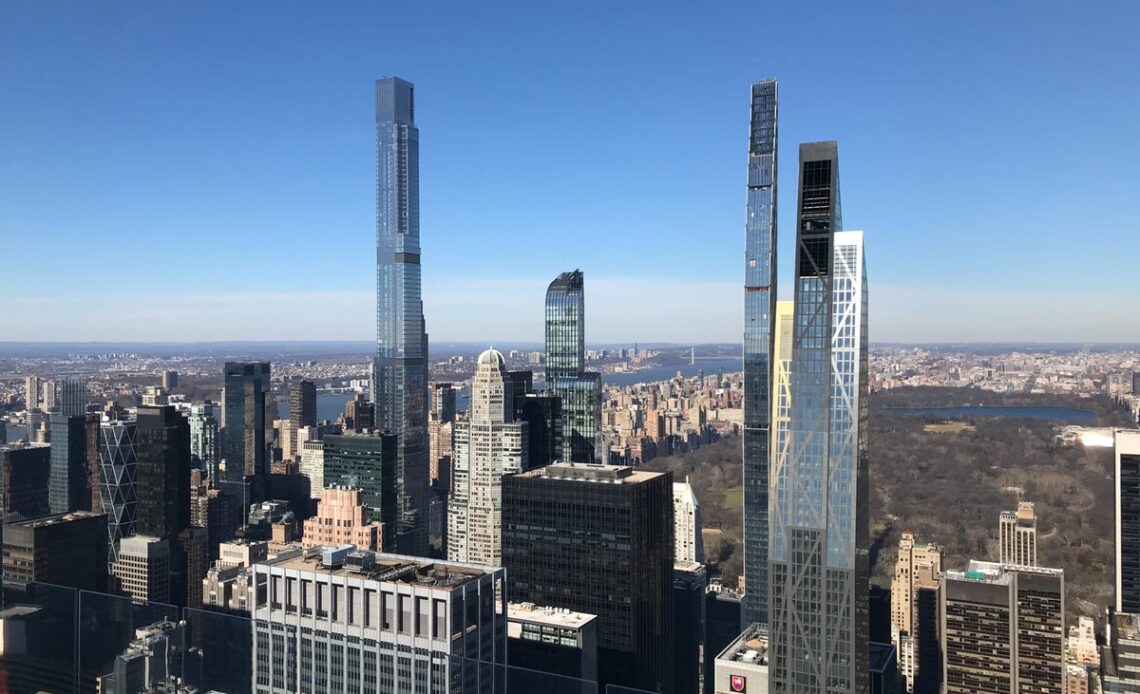It’s a strange thing to put everything in storage and make yourself voluntarily homeless during a pandemic; to go from paying a mortgage and having roots to being of no fixed abode. But, when work I took on in early December 2021 dictated that I would be travelling nonstop, often switching accommodation after just 24 hours, I decided to bite the bullet and embrace the digital nomad lifestyle. I’ve now spent almost six months on the road.
It’s an undeniably strange existence – opening my laptop wherever I am in the world, whether that be an airport, cafe or hotel balcony, and settling in for my new, offbeat version of the 9-5. You’d think that catching endless trains, planes and automobiles and staying in a new hotel almost every night would make you exhausted and too distracted to work. Unexpectedly, I’ve found the opposite to be true; the adrenaline rush of continually travelling, embracing a new location with staggering frequency, has meant I’ve worked better than ever.
LA, New York, Dubai, Amsterdam, Barcelona, Madrid, Tenerife, Marbella, Mallorca, Iceland, Lithuania, Santorini, Kos and Bodrum: 2022’s been quite the year. Yet one of the biggest surprises has been price: in between review stays at hotels, I’ve booked apartments, B&Bs and holiday rentals while on my travels, all costing a fraction of daily life (and rent) in the UK.
LA digs: Ben works from the Hollywood Roosevelt Hotel
(Ben West)
How, you ask? Timing is everything. By staying outside of peak season in each destination, I’ve managed to bag bargain prices. For example, in June I had a prime choice of delightful hotels on the Greek island (and influencer favourite) of Santorini for around £25 a night; in August, the same places start at £100. And, not being during the school holidays, it was pleasantly quiet.
Swapping bougie hotels for campervans and campsites can reduce costs even more, and in recent years many hostels have upped their game, quality-wise, while retaining low room rates.
I’m not the only one out there with itchy feet – there’s been a huge uptick in continuous travelling and digital nomadism in recent years. Figures released by US-based MBO Partners and Emergent Research suggest that the number of Americans describing themselves as digital nomads increased from 7.3 million to 10.9 million between 2019 and 2020, an increase of 49 per cent.
The adrenaline rush of continually travelling, embracing a new location with staggering frequency, has meant…
Click Here to Read the Full Original Article at The Independent Travel…
